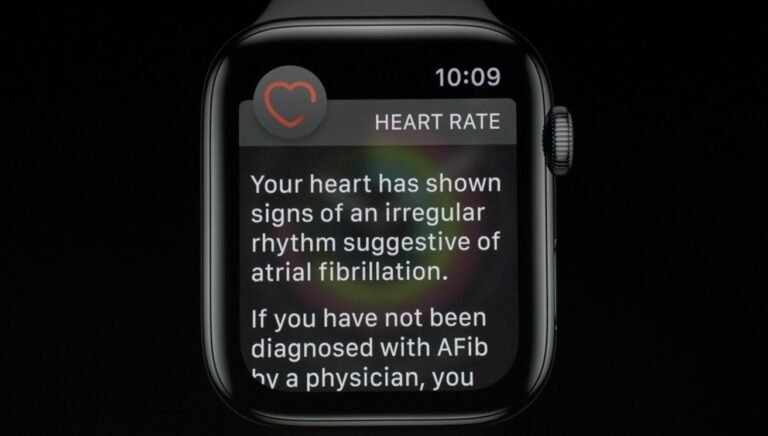New stories shared by tech workers show how Apple Watch can shine a light on chronic stress in the workplace and the importance of taking mental health seriously.
When Sharath Seeram, a 25-year-old developer from Bangalore, started receiving heart rate alerts on his Apple Watch, he did what any sensible person would do: went to see a doctor.
“The doctor initially told me to do some tests to make sure there were no other physical problems. I was asked to undergo a clinical electrocardiogram and some blood tests. ” Sharath said. Times Now. “After evaluating all the reports, she concluded that there was nothing else wrong with me and that the heart rate problem was a direct result of stress.”
Mr. Sharath had a particularly stressful job that required him to work long hours under unsupportive management. When other workers left the company due to stressful conditions, more work piled up on those who remained.
As it turned out, the increased workload and hostile environment had a direct impact on Sharath’s physical as well as mental health. He came home exhausted every night and often had a fever.
His doctor recommended that he find a way to reduce the stress of his job or quit immediately. She believed that working under the same stress level for several months could have long-term effects on his heart.
After switching careers, Sharath’s heart rate dropped dramatically, even though he didn’t make any other lifestyle changes. In gratitude, he wrote a letter to Apple CEO Tim Cook, praising the Apple Watch for helping people take mental health seriously.
The Apple Watch is often praised for saving lives. An 82-year-old man who was recently gifted his Apple Watch for Christmas said it may have saved his life when he was hit by a car.
In January, the Apple Watch was credited with saving the life of an airline passenger by using its legally questionable blood oxygen feature.
That same month, a Delaware student was saved from carbon monoxide poisoning thanks to a last-minute emergency SOS call on his Apple Watch.


